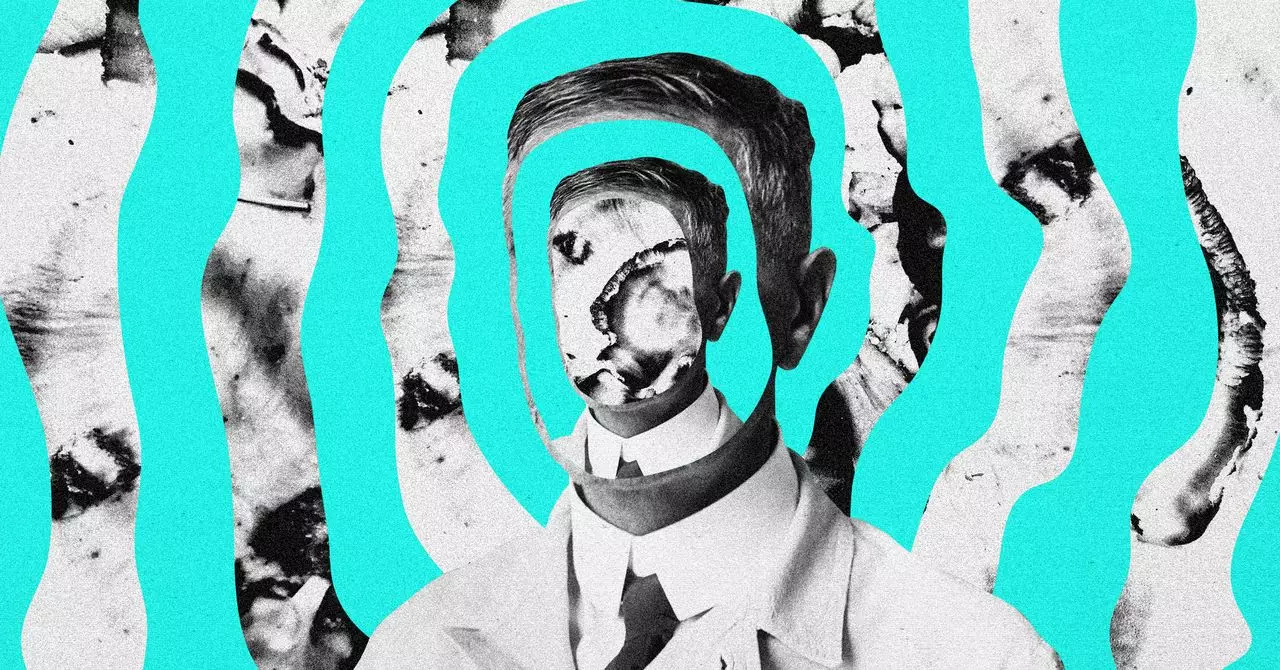The integration of artificial intelligence into mental health interventions offers a groundbreaking avenue to support individuals navigating complex psychological landscapes. Entrepreneurs like Christian Angermayer are pioneering this frontier, envisioning AI as a supplement rather than a substitute for human therapists. The premise is compelling: AI can serve as a continuous motivational check-in system that reinforces positive lifestyle changes outside traditional therapy sessions. This hybrid approach acknowledges the limits of human capacity while capitalizing on AI’s constant availability and data-processing strengths.
In the realm of psychedelic therapy, this integration becomes even more pertinent. Psychedelic experiences are intense, unpredictable, and often require nuanced support during and after sessions. While no AI can fully replicate the empathy and clinical judgment of trained healthcare professionals, targeted AI tools can provide ongoing emotional reinforcement, helping users integrate insights and maintain healthy behaviors. For instance, motivational reminders or self-reflection prompts generated by AI could act as anchors during challenging moments, assisting individuals in consolidating their experiences and avoiding relapse into negative patterns.
However, Angermayer’s emphasis on maintaining human oversight during psychedelic trips is crucial. AI should act as an adjunct—not a replacement—for skilled clinicians, especially given the delicate psychological states involved. The human touch remains indispensable; technology’s role must be carefully calibrated to support, not overshadow, the professional judgment that is vital during vulnerable moments.
The Personal Empowerment and Risks of AI-Driven Self-Discovery
Emerging individuals like Trey illustrate a shift towards leveraging AI for personal growth and behavioral change. Trey’s use of Alterd, an AI-based mental health app, highlights a fascinating phenomenon: digital interfaces acting as mirrors of the subconscious. In this case, the app’s “mind chat” feature functions as a personalized reflective space, helping users understand their own patterns by analyzing journal entries, moods, and interactions.
This paradigm of AI-assisted self-awareness has significant implications. The capacity for an AI to serve as an ever-present, non-judgmental audience enables users to scrutinize their thoughts and feelings more objectively. Trey’s experience of breaking free from alcohol dependence through self-reflection underscores how personalized AI tools can serve as catalysts for behavioral change. The idea of a virtual “subconscious” reflects a powerful shift: technology not only supports mental health but also becomes an internal companion guiding users toward healthier cognition.
Nonetheless, these advancements are not without profound risks. When AI begins to assume more reflective and therapeutic roles, concerns about dependency, misinterpretation, and emotional subtlety emerge. Unlike human therapists, AI lacks the capacity for emotional attunement, subtle empathy, and the ability to respond to complex social cues—especially during moments of psychological crisis or peak psychedelic experiences.
The Ethical Dilemmas and the Future of AI in Psychedelic Contexts
While technological innovation promises a democratization of mental health resources, it also presents thorny ethical challenges. The very features that make AI appealing—personalized insights, constant availability, and user-specific reflections—also raise questions about safety, privacy, and the depth of understanding that such systems can truly achieve.
Critics like neuroscientist Manesh Girn caution against overreliance on AI for emotional regulation, particularly given its inability to emotionally attune or co-regulate a user’s nervous system. Psychotropic journeys are inherently unpredictable, and AI systems currently lack the physical presence and nuanced judgment to provide safe support during crises. The risks of misinterpretation, emotional detachment, or even AI-induced psychosis are real, especially as online stories proliferate about adverse reactions to AI interactions.
Moreover, ethical dilemmas around data privacy, consent, and the potential for AI to reinforce negative patterns must be managed carefully. If AI tools are used without proper oversight or understanding, they might inadvertently foster dependence, scapegoat responsibility, or deepen mental health struggles.
Ultimately, the marriage of AI and psychedelic therapy holds immense promise but must be approached with caution. A future where human expertise remains central, complemented by AI’s relentless data processing, seems most prudent. With careful regulation, ongoing research, and a clear ethical framework, AI can augment mental health support without replacing the empathy and judgment that only trained humans can provide.

